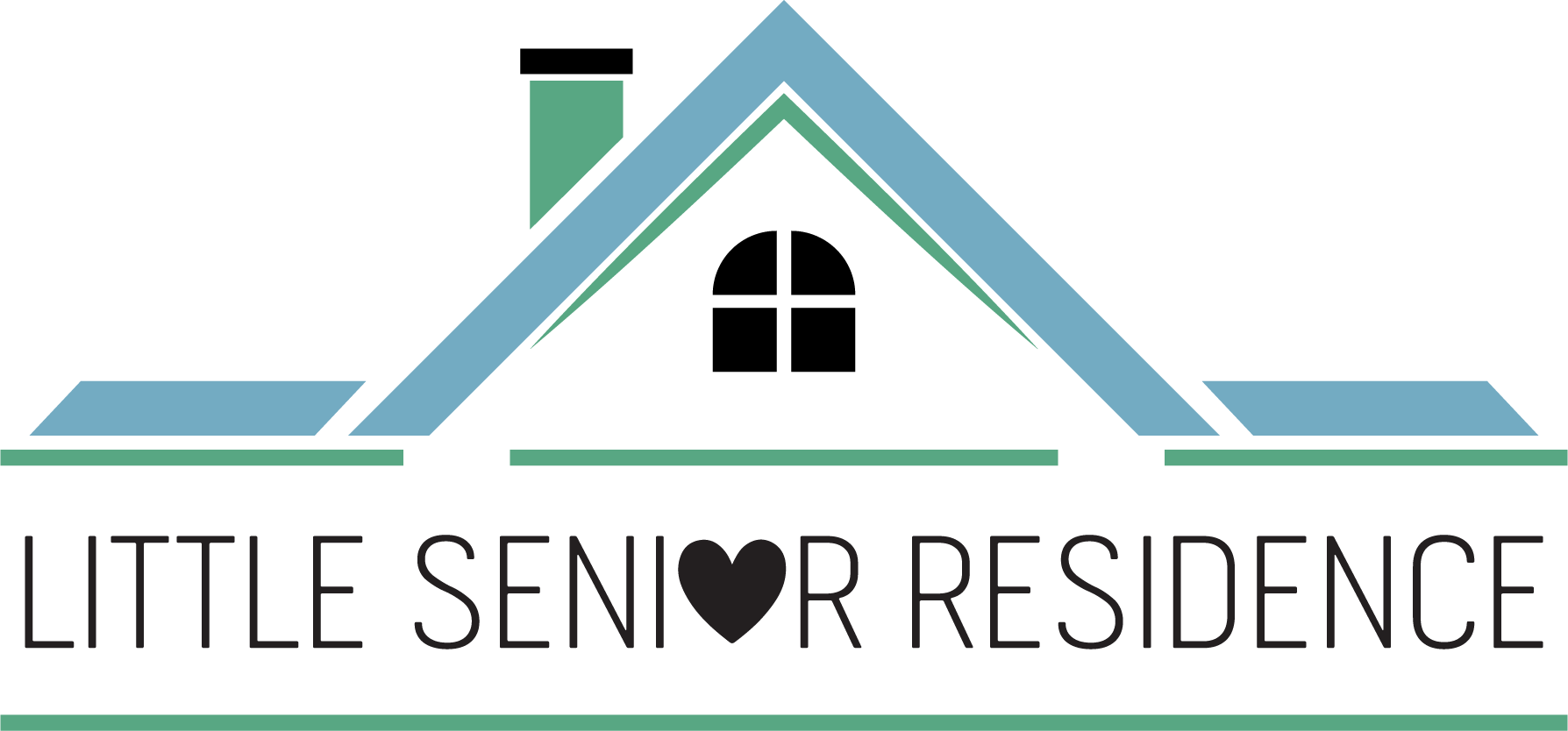Not many things impact mental health more than sleep. We absolutely cannot live without it. Not getting enough sleep compounds other physical issues you may have and reduces the ability to handle stress. As we mentioned last month, a lack of sleep can have long-term health consequences. That includes chronic medical conditions such as diabetes, high blood pressure, and heart disease. So, we can all agree that sleep is an essential component of wellness.
Sleep is particularly important for older adults, and there are way too many factors that influence senior’s sleep and sleep patterns. Seniors tend to have more trouble achieving restful sleep, with less deep sleep, more nighttime trips to the bathroom, and a tendency to wake often during the night. They may also become tired earlier in the evening and wake up earlier in the morning than younger adults. Many find a change in sleep patterns challenging to manage.
Since March is National Sleep Awareness Month, the Little Nursing Home is sharing some of the most common reasons for seniors to have sleep interruptions and what can be done.
- Health Conditions
Illnesses that develop with age can affect the quality of sleep. For example, arthritis can cause pain that interrupts sleep. To help soothe this, you can use a heating pad on the pain 15-20 minutes before going to bed, exercise, and stretch or place pillows strategically. A condition like diabetes can make nighttime bathroom trips more frequent. This can be controlled through diet and blood sugar monitoring, exercise, or insulin injections.
- Medications
The older the person, the more likely they may be taking several medications simultaneously. Medications like the ones taken for high blood pressure, chronic obstructive pulmonary disease, depression, and anxiety can affect sleep. If this is your case, speak to your doctor. Physicians can often change dosage times or give a substitute medication that does not interfere with sleep.
- Hormones
Hormones such as melatonin and somatotropin are important to sleep hormones. Somatotropin is responsible for deep sleep and melatonin regulates the sleep cycle. As we age, we begin to produce less of both. Not only that but artificial lights can suppress your body’s production of melatonin. Fewer amounts of these hormones, make it difficult for seniors to fall deeply asleep and stay asleep long enough to reap the benefits of resting. Hormonal changes that come with menopause may also often cause a lack of sleep. Try to use low-wattage bulbs, turn off the TV and computer at least one hour before bed. Fruits like bananas and cherries increase the levels of these hormones naturally.
Getting older does not have to mean being tired all the time. During National Sleep Awareness Month, aim for more quality sleep by trying some of this advice. If a good night’s sleep becomes an impossible task, speak to your doctor. Your doctor can recommend lifestyle changes and routines that will enhance your sleep patterns as well as your overall health.
If you are considering a nursing home or assisted living for a loved one in northern NJ, The Little Nursing Home of Montclair offers a cozy and calm atmosphere with the comforts of home. We are family-owned for over 60 years and run by experienced registered nurses. Call or email us for more info or to schedule a tour.

